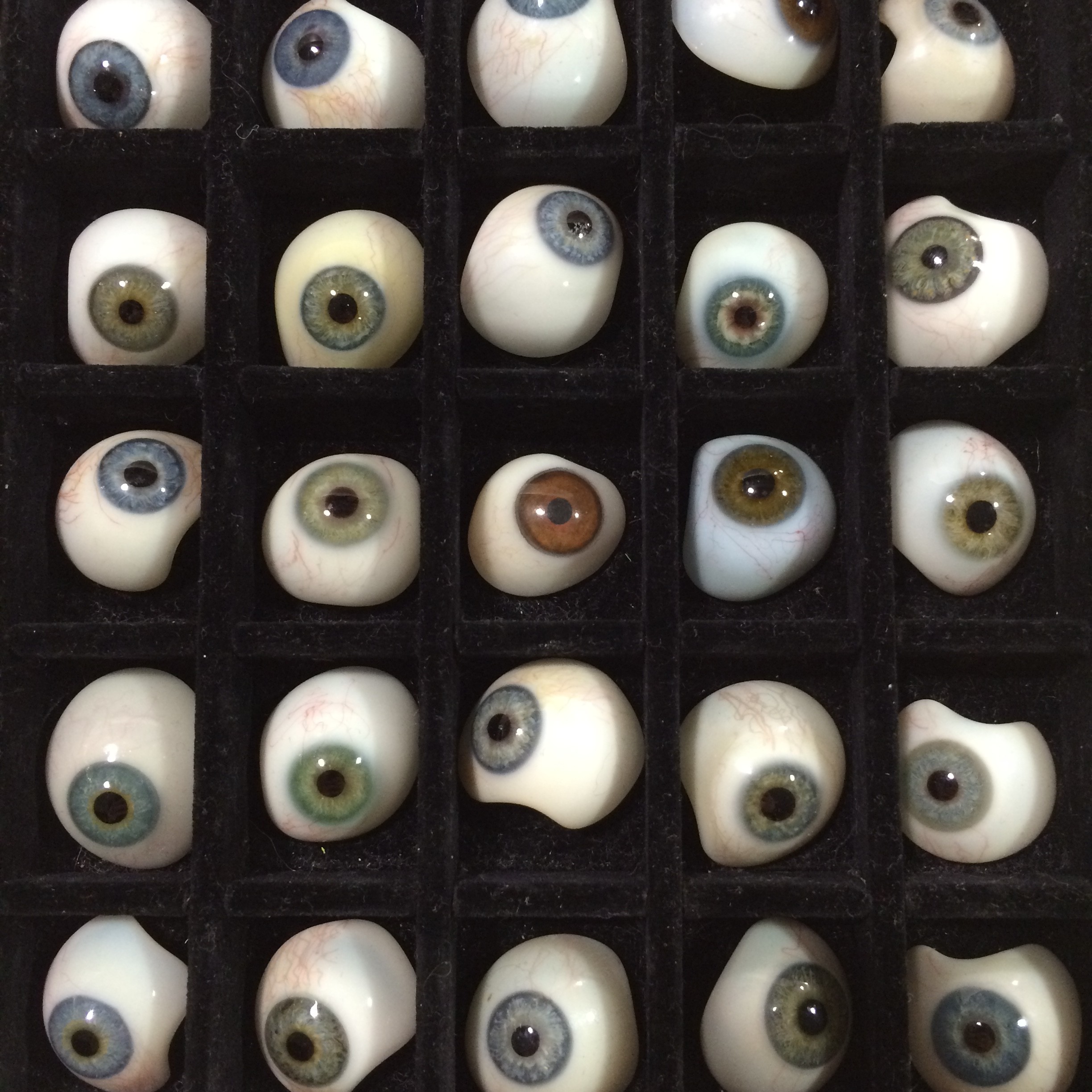Miss Piggy is not a positive figure for self-acceptance because she demands and receives respect from her colleagues and the public at large; she is a positive figure because she doesn’t. She is a character who has to fight against the pressure to internalize the negativity that surrounds her; she refuses to allow the assumptions and aspersions of other people to influence her opinion of herself. Nor does Piggy contain her rage; she resists, sometimes with violence, a fact of her portrayal that is no doubt complicated enough to warrant its own essay. Miss Piggy is not beyond criticism. She is often unlikeable and unsympathetic, and a lot of the time the personal and professional crises that befall her are caused, directly or indirectly, by her own insecurity and her over-the-top narcissism.
Still, Miss Piggy is a powerful influence precisely because she has never lived in a world in which she was widely beloved and accepted; she has lived in a world where she is usually the butt of the joke. Miss Piggy has instead chosen to learn to love and accept herself enough to counteract all the garbage thrown her way. She knows how to keep her head up even when it seems the whole world is laughing at her. She is not free of self-doubt, but confronts her insecurities on a daily basis, and much of the time, she overcomes them. As a result, Miss Piggy is a role model for loving the person you are, and for believing in yourself, even when literally everyone around you is telling you that you shouldn’t.
Also, memories of Martha Dumptruck, and the inexplicable fat joke in the first ten minutes of Jessica Jones. Read the whole thing on xoJane.
